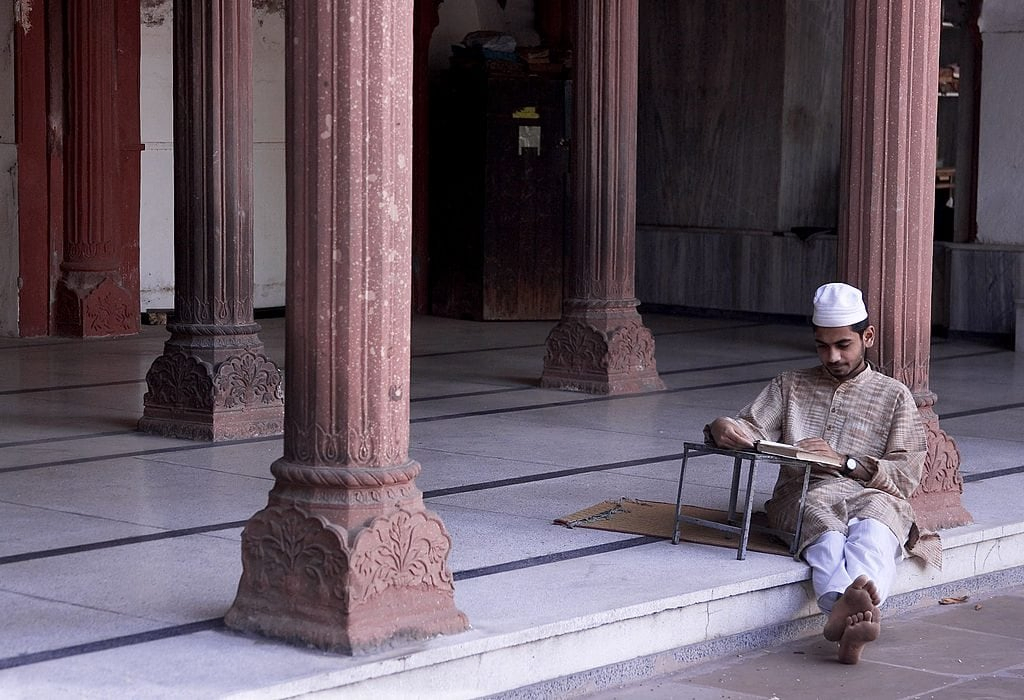Can I Choose Between the Position of Abu Hanifa and His Students When They Differ?
Hanafi Fiqh
Answered by Ustadh Tabraze Azam
Question: Assalam alaykum
I have been reading Nur Al Idah and have a question regarding differences between Imam Abu Hanifa and his students Abu Yusuf and Imam Muhammad (May Allah have Mercy upon them). Is there a general principle that if there is a difference of opinion between them that we can take either opinion?
Answer: Wa alaikum assalam wa rahmatullah,
No, in the case of multiple positions, you cannot choose which position to take.
The basis is that the jurists (fuqaha) have sifted through the positions narrated from the imams of the school (madhhab), and their students, and determined the most correct (sahih) positions from amongst them. As such, these are the positions which form the basis of practised, normative law (fiqh).
Similarly, there are some general principles which are to be followed when it comes to various chapters of law. For instance, Imam Abu Hanifa’s positions are followed in chapters of worship, except where there is greater caution (ihtiyat) in doing otherwise, such as in the case of the takbirs recited during the days of ‘Eid al-Adha.
Having said that, there are obviously occasions in which the relied upon (mu‘tamad) position of the school doesn’t work in a given context, or it imposes undue hardship. In circumstances like that, the Sacred Law (shari‘a) allows us the opportunity to follow something less burdensome by taking a dispensation (rukhsa). This can be something from, ideally, within the Hanafi school, or another school. You can learn more about this through the articles attached.
Returning to our question: if we suppose that choosing was an option, without the requisite training and ability to confirm a given position (particularly with the potential for printing errors!), it’s very difficult to ensure that you have all of the required details. Moreover, there may be other conditions or factors which are necessary to keep in mind, yet are left unstated. This is common practice in the works of law, as Ibn ‘Abidin pointed out, so that “this knowledge isn’t wrongfully claimed by amateurs.”
Allah Most High said, “If you do not know, ask people who know the Scripture.” [21:7]
At the end of the day, this is religion, and the early Muslims would say, “be careful of whom you take your religion from.” The safest route, thus, is to ask a righteous, knowledgeable scholar about your situation, and then to follow what he says, seeking the pleasure of Allah Most High. There are situations in which you could potentially ask multiple scholars, in the case of unsatisfactory answers, for example, but (a) the conditions of asking should be met, and (b) this shouldn’t be the norm.
[Usmani, Usul al-Ifta’ (207); Ibn ‘Abidin, Sharh ‘Uqud Rasm al-Mufti (249)/Radd al-Muhtar ‘ala al-Durr al-Mukhtar (1.303)]
Please also see: How Do I Choose A School Of Thought (madhhab) & Why? and: Why Is Mixing Between Madhabs (Talfiq) Impermissible When The Earlier Generations Seem To Have Done It? and: Changing Madhhabs and: Leaving the Position of Abu Hanifa and How to Determine the Relied-Upon Position in the Hanafi School and: A Reader on Following Schools of Thought (Madhabs)
And Allah Most High alone knows best.
wassalam,
[Ustadh] Tabraze Azam
Checked and Approved by Shaykh Faraz Rabbani
Ustadh Tabraze Azam holds a BSc in Computer Science from the University of Leicester, where he also served as the President of the Islamic Society. He memorised the entire Qur’an in his hometown of Ipswich at the tender age of sixteen, and has since studied the Islamic Sciences in traditional settings in the UK, Jordan and Turkey. He is currently pursuing advanced studies in Jordan, where he is presently based with his family.
